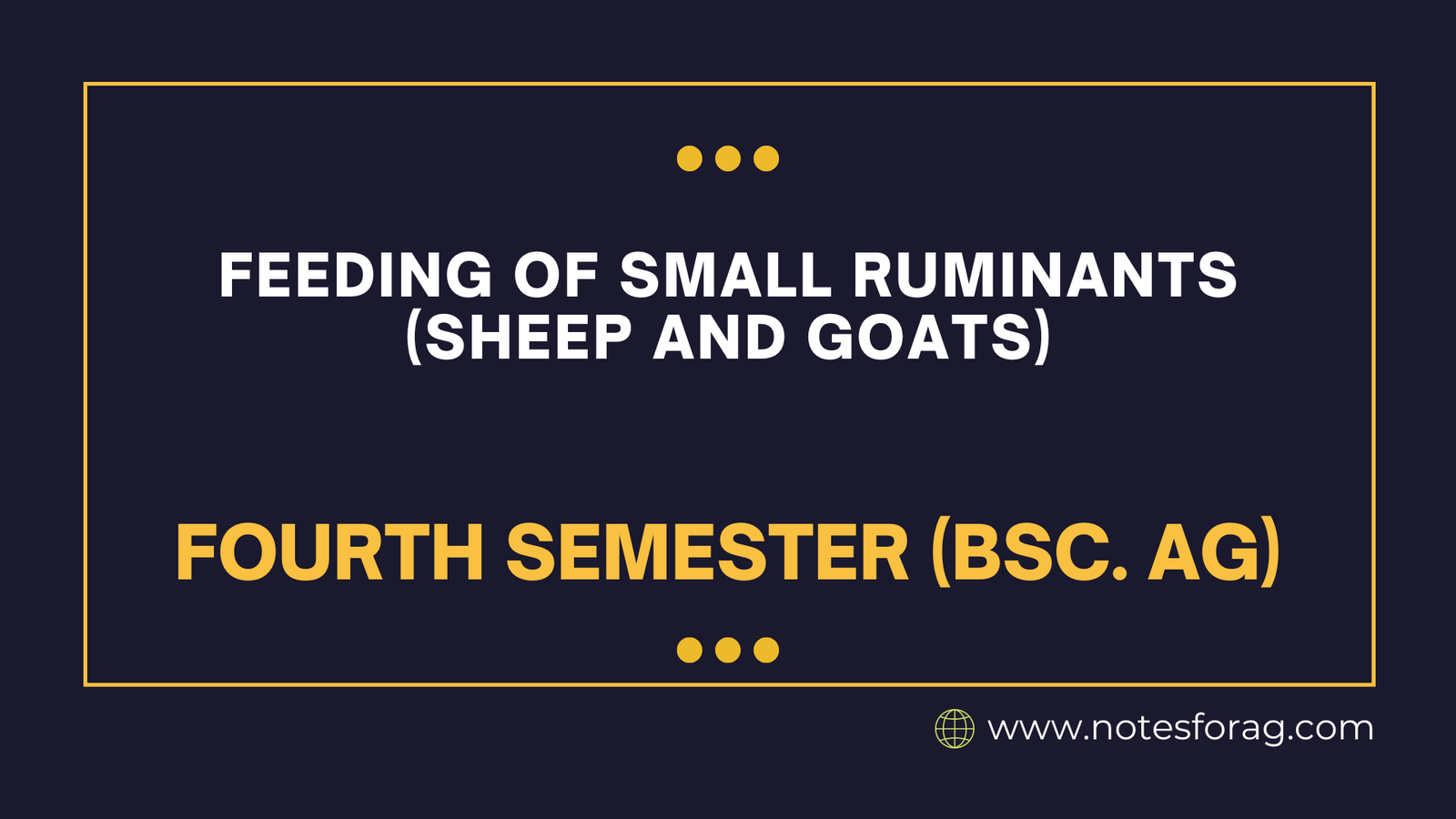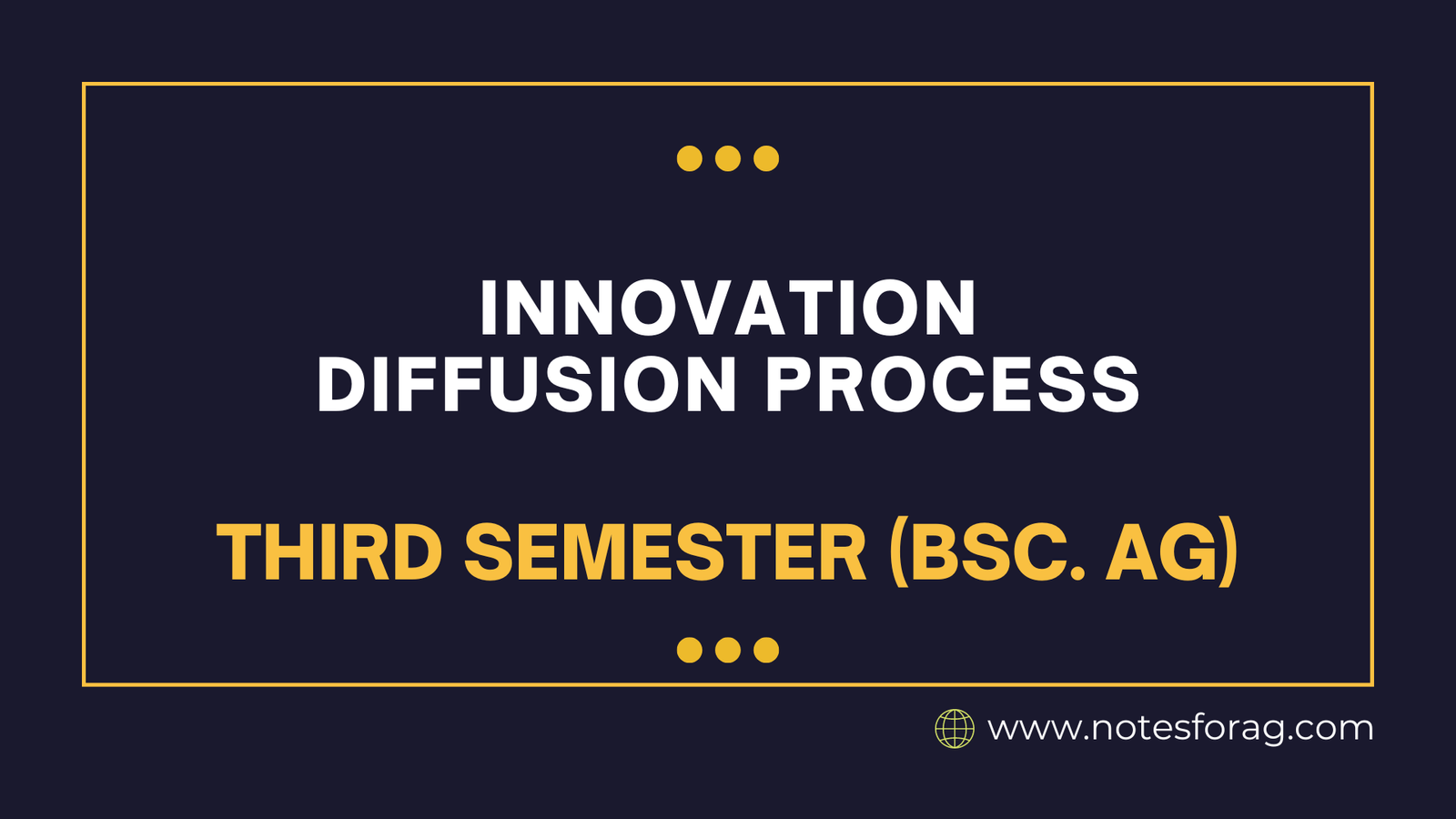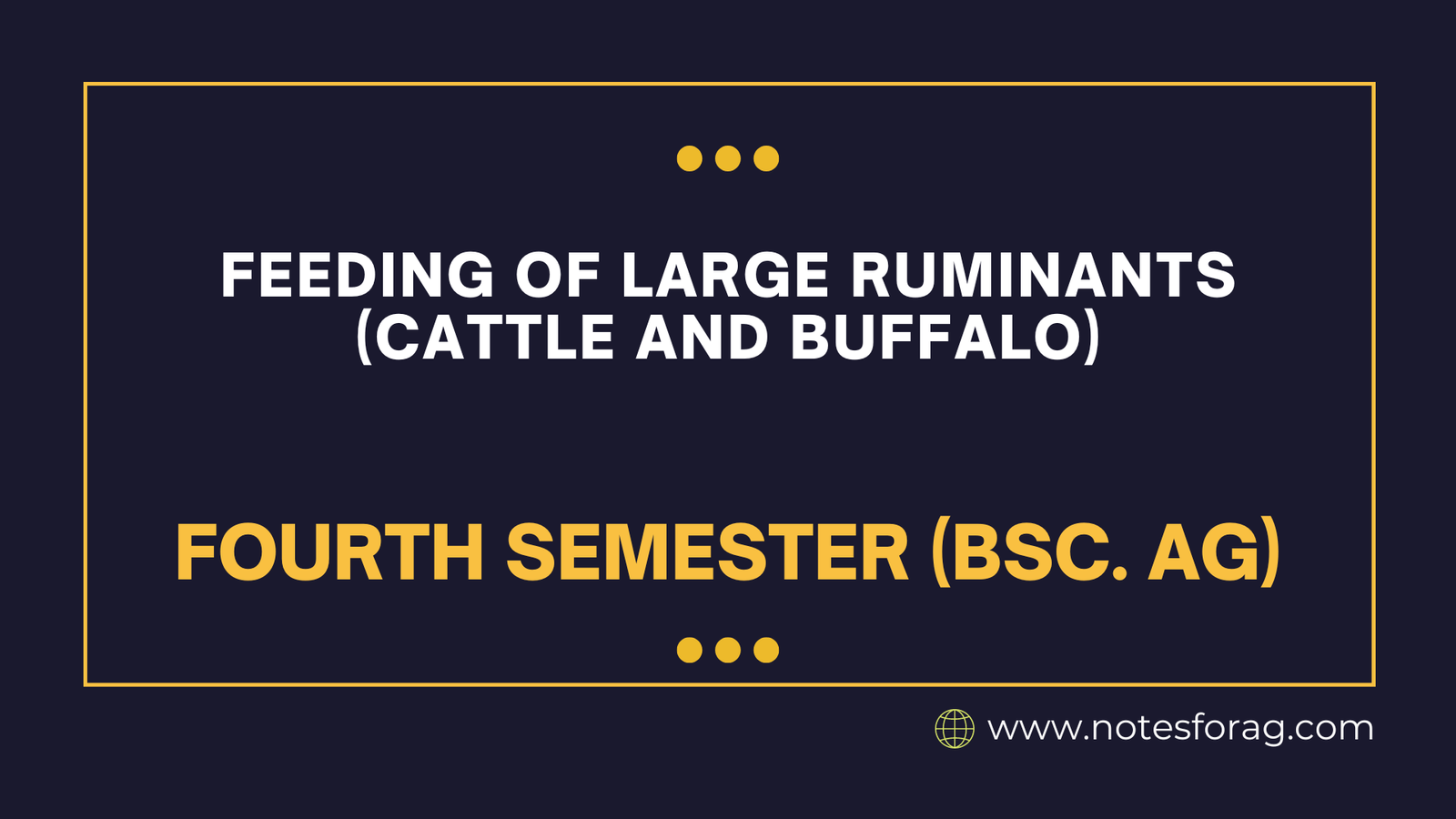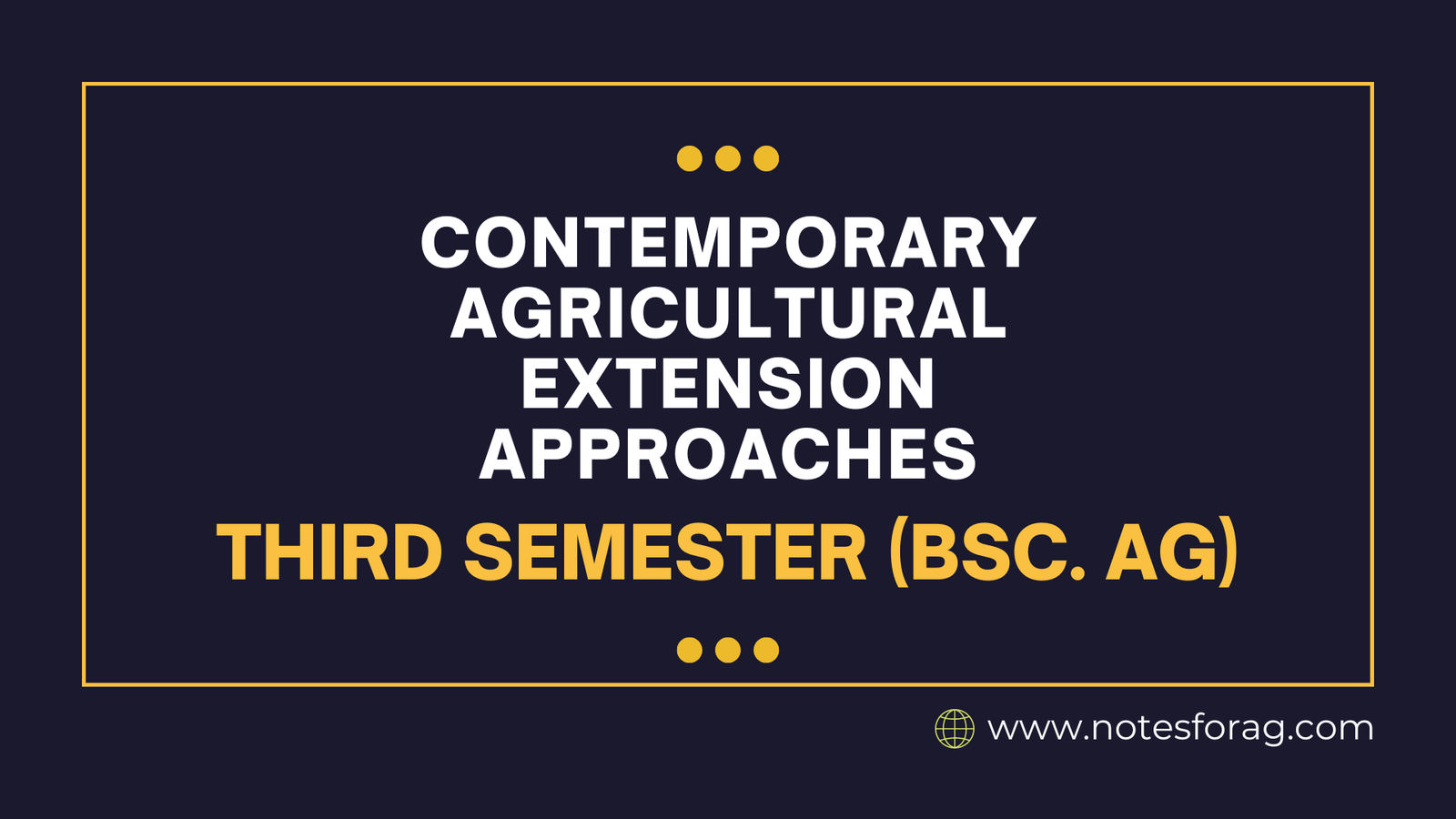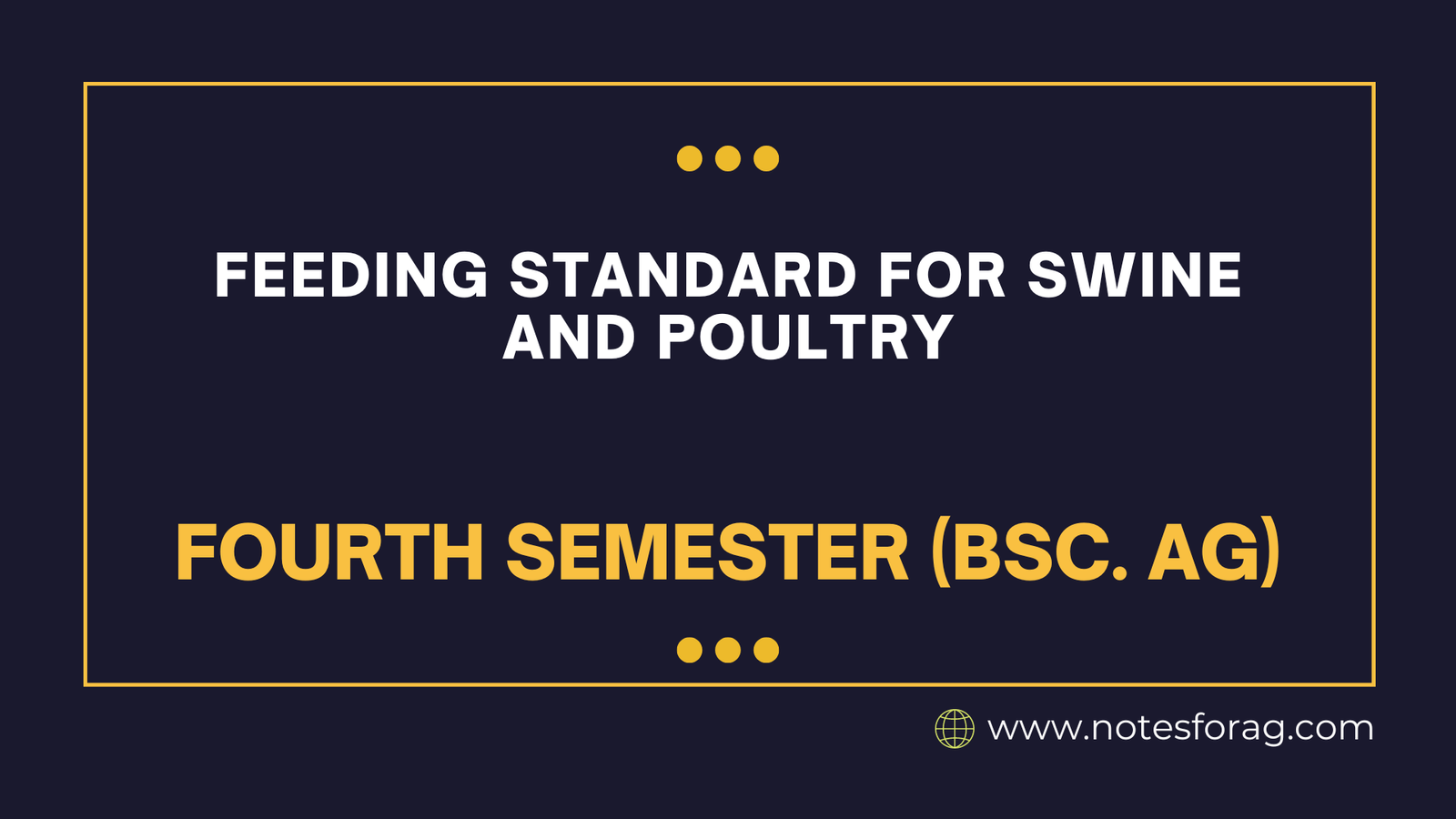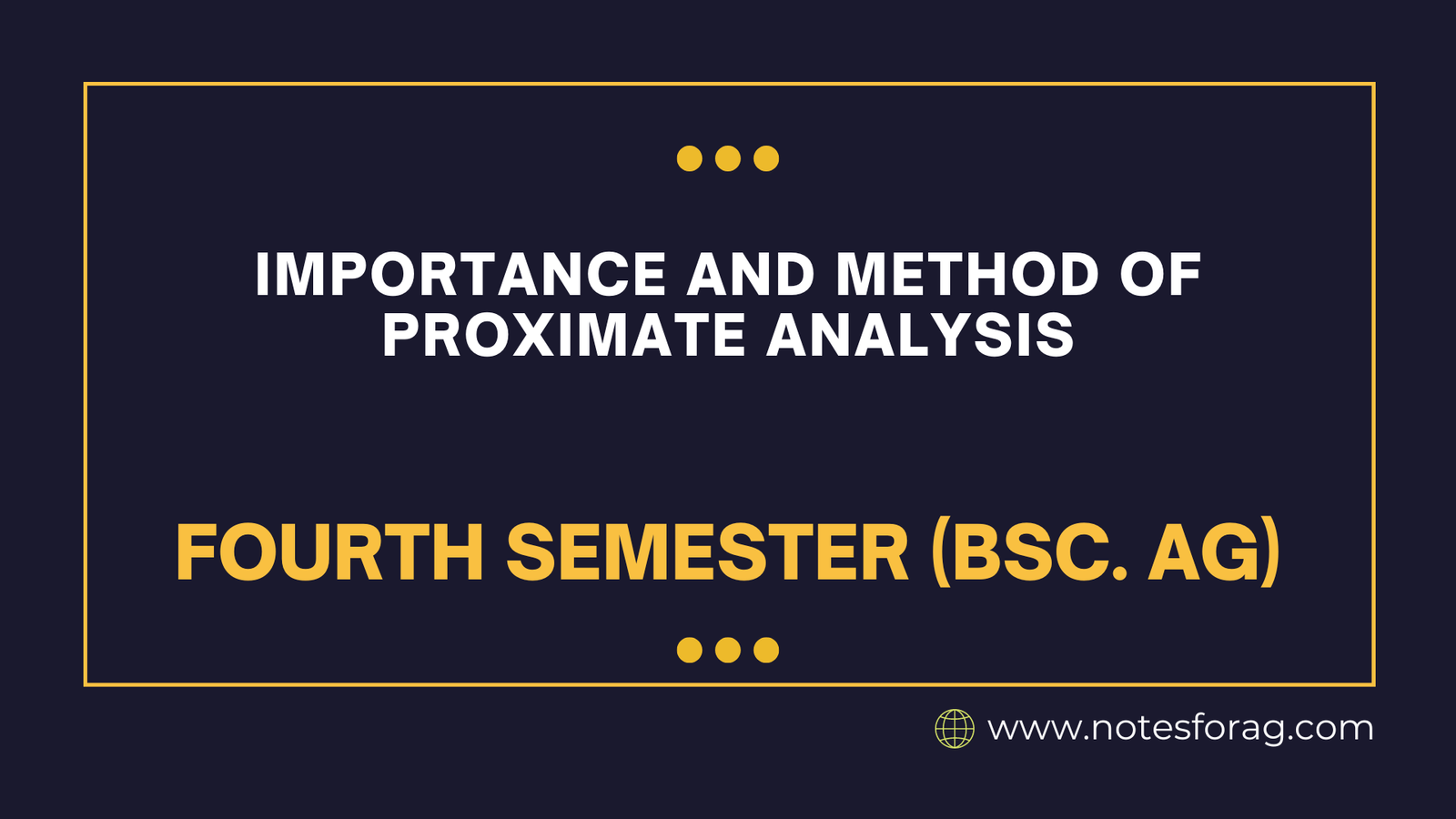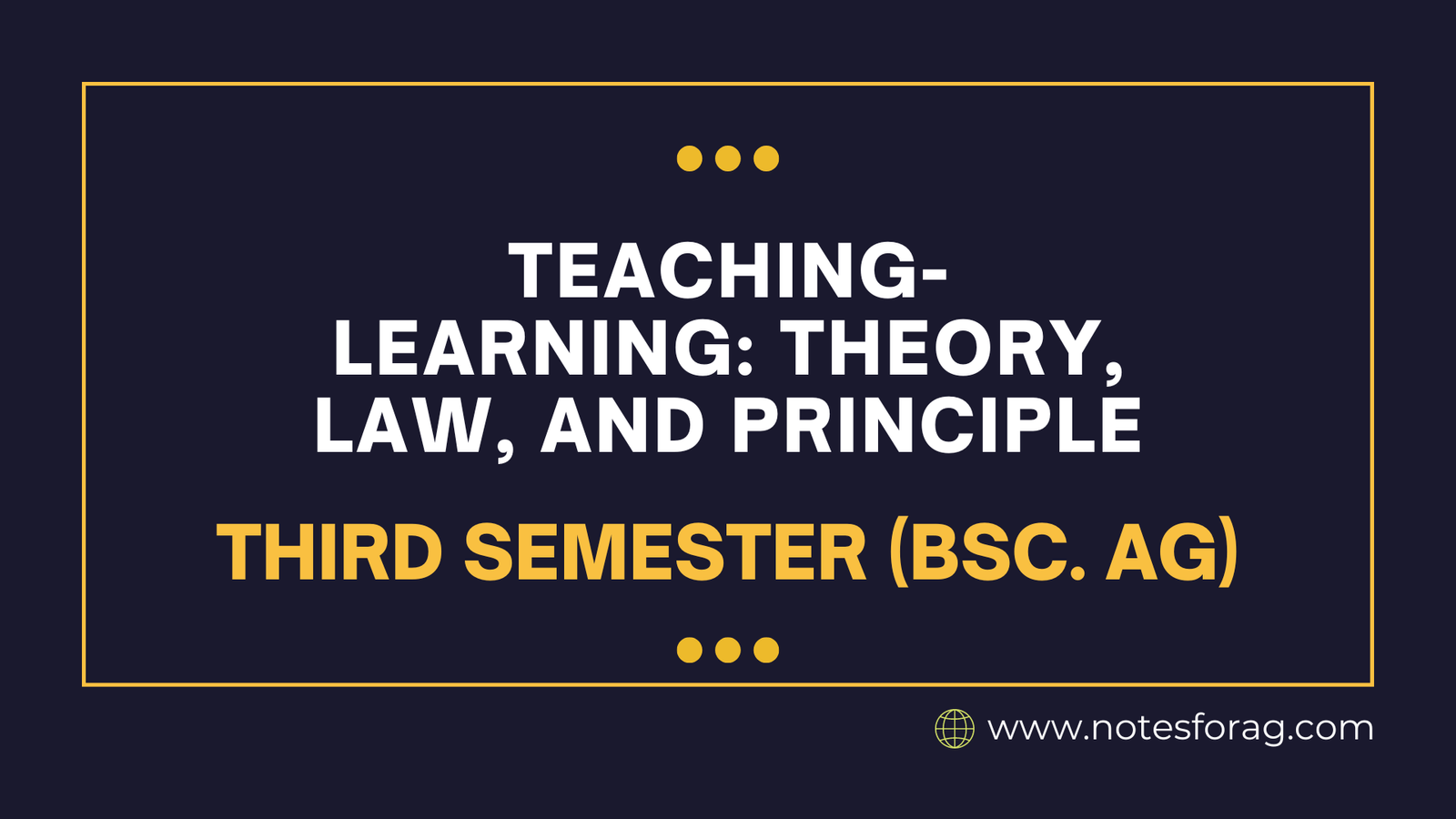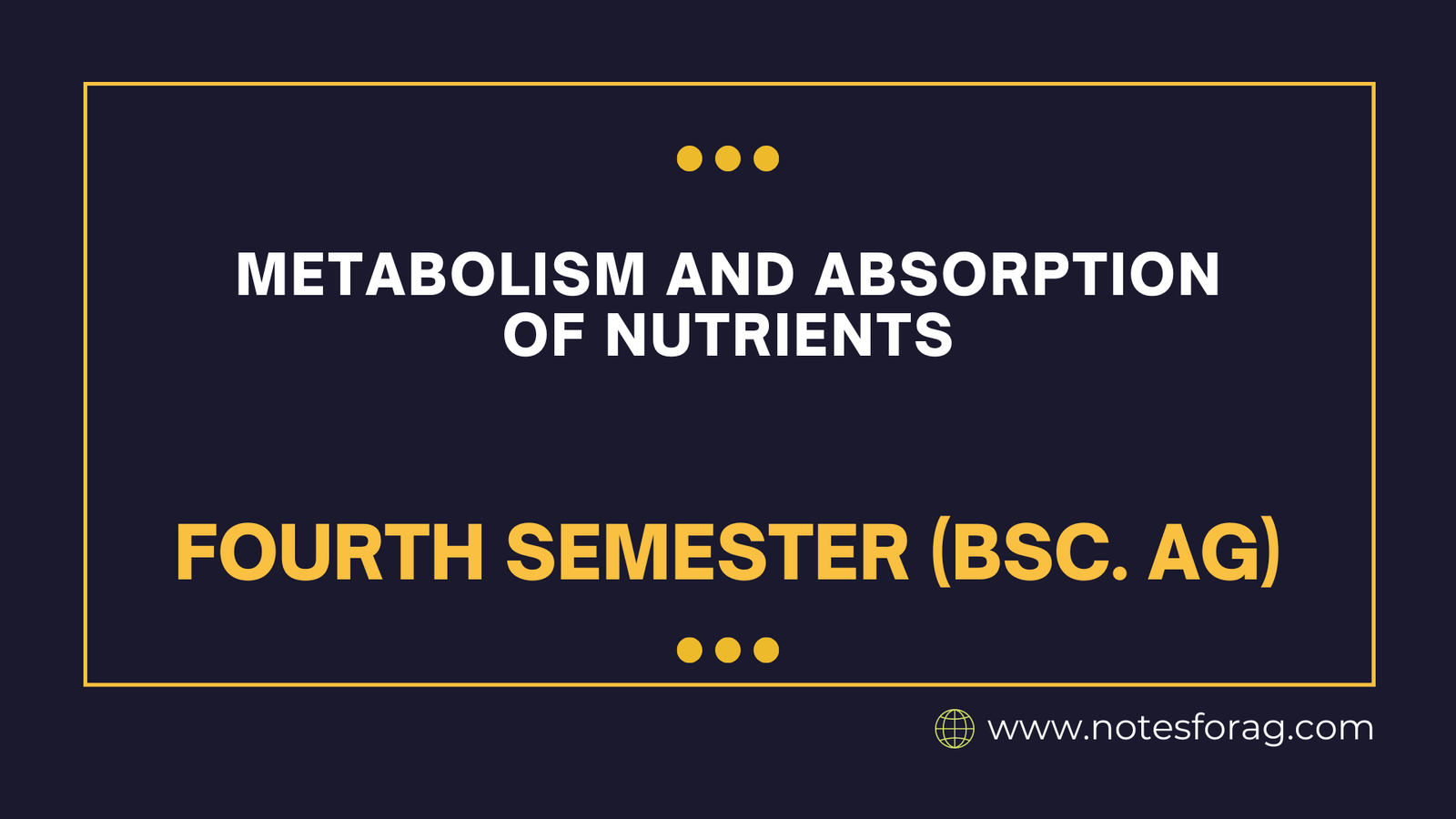Feeding of small ruminants (sheep and goats)
Feeding small ruminants like sheep and goats is vital to their health, productivity, and overall well-being. Proper diet promotes healthy development, reproduction, and milk or meat production. Sheep and goats have similar dietary requirements, however due to variances in grazing behaviour and physiological needs, feeding strategies may need to be adjusted accordingly. Nutritional Requirements for … Read more

